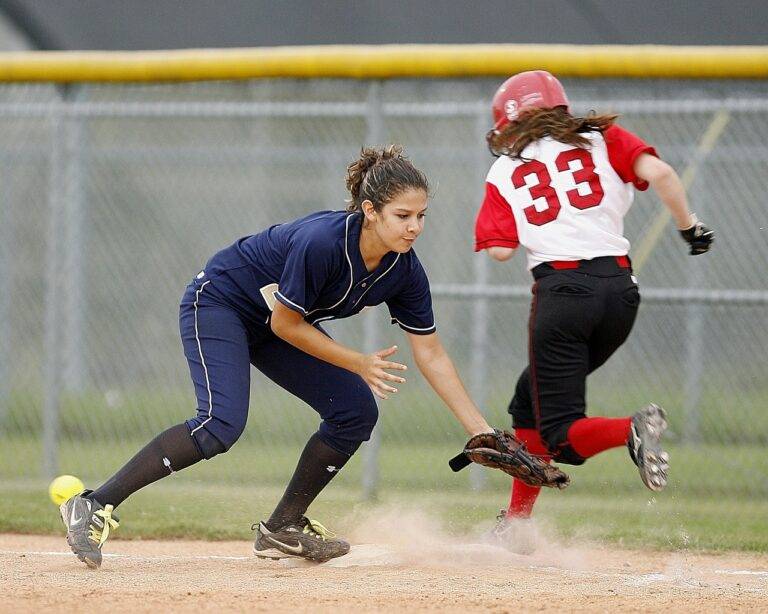The Role of Coaches and Support Staff in IPL Teams
Gold365 Betting, Gold365 Login: Coaches in IPL teams play a crucial role in guiding and mentoring the players to perform at their best. One of their key responsibilities is to develop strategic game plans and tactics that can help the team succeed on the field. They need to analyze the strengths and weaknesses of both their own team and the opponents to come up with effective strategies.
Moreover, coaches are also responsible for fostering a positive team environment and ensuring that the players are motivated and focused. They need to manage the team dynamics, resolve conflicts, and build a strong sense of unity among the players. Additionally, coaches must provide individualized feedback and support to each player to help them improve their skills and overall performance.
Importance of Support Staff in IPL Teams
In the high-stakes world of the Indian Premier League (IPL), the support staff of each team play a crucial role in the success of the players. Beyond just the players’ individual talents, the support staff’s expertise and guidance are essential in honing the team’s collective skills and strategies. From fitness trainers to nutritionists, each member of the support staff contributes to ensuring that the players are in optimal physical condition to perform at their best during the rigorous IPL season.
Additionally, the mental well-being of the players is also a key focus for the support staff. Sports psychologists and mental conditioning coaches work with the players to help them stay focused, motivated, and resilient in the face of the intense pressure and competition in the IPL. Their guidance and support are invaluable in helping players maintain a positive mindset, deal with setbacks, and perform at their peak potential throughout the tournament.
The Influence of Coaching on Player Performance
The strategies and tactics implemented by coaches in IPL teams play a significant role in shaping the performance of players on the field. Through their guidance and expertise, coaches help players improve their skills, enhance their decision-making abilities, and refine their techniques. By providing constructive feedback and individualized training programs, coaches can empower players to reach their full potential and perform at their best during crucial matches.
Moreover, the psychological support and motivation offered by coaches can have a profound impact on player performance. By instilling confidence, fostering a positive team culture, and instigating a winning mentality, coaches can inspire players to push their limits and deliver exceptional performances under pressure. The influence of coaching extends beyond technical aspects, as coaches also serve as mentors and role models, guiding players not only in their game but also in their overall development as athletes.







